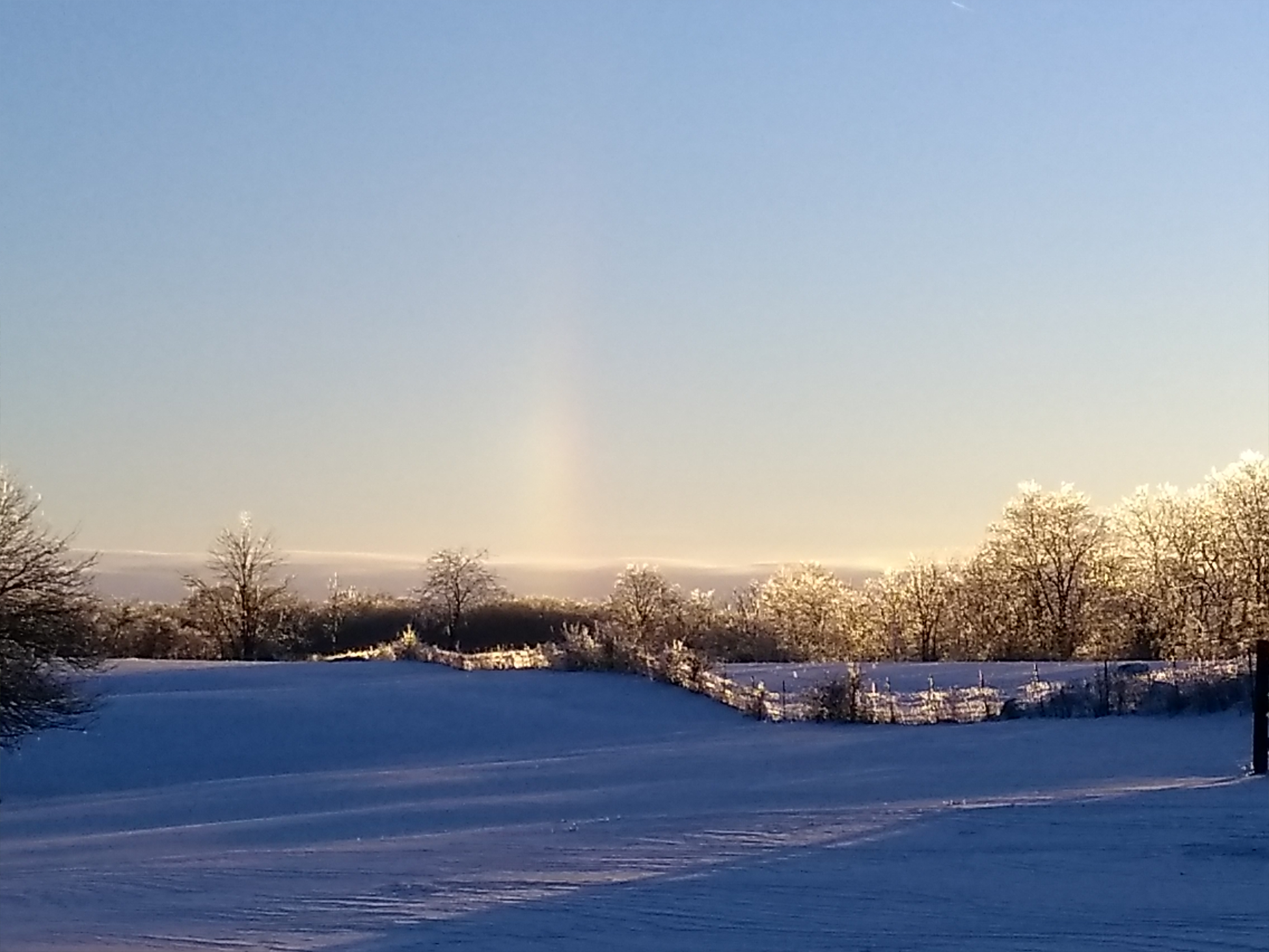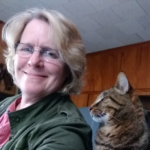
Love in Winter
Love is more than a feeling, it’s an action. Trying to summon feelings to get motivated to do something is getting it backwards. It fosters procrastination. Don’t base your actions on that fickle creature known as feelings! Then unexpectedly, in the midst of action, feeling comes that is meaningful and filled with joy.
The snow and cold has come to the farm here in January, something reminiscent this year of winters past, when the ground stays white for quite a while. It makes the chores a little harder to do. Have you ever noticed how much more energy it takes to simply walk any distance? Your steps are more vertical than horizontal. And it probably goes without saying that the daily ritual of putting on and taking off so many layers to face bitter temperatures isn’t exactly pleasant.
I notice how my fingers get predictably and painfully numb in the first few minutes, no matter how good the gloves. But once I get into the rhythm of carrying hay, filling bird feeders, and watching how a horse or a goat walks… a vibrant burst of energy comes over me. Fingers regain their warmth, the air begins to feel bracing instead of biting.
A new attitude has come over me lately when I am taking care of the animals. Most of us know how routine can become stale and heavy. Animal husbandry is no different I suppose. How easily we can slip into a dull and unobservant or hurried approach to how we move and speak and think. I confess to having succumbed to that temptation in the past many times, but here in the last few months, something has changed. I have become keenly aware of subtle things in the way animals behave, noting facial expressions, body language, and the sounds they make. And how I act affects the way that they act. So I’ve discovered that relationships aren’t just between people.
Horses are replete with a whole range of ways to look at you; their movements can show impatience or frivolity or frustration or happiness or affection. In the sheer daily-ness of chores, opportunities are always at hand for me to practice vigilance and appreciation that makes for thriving livestock. Noticing small changes can be the clues to detecting problems sooner rather than later.
Of course a great deal of studying and knowledge goes into the other part of good animal husbandry—what species-specific needs are, in terms of feed and forage or breeding and maternal behaviors. Having not been born to farming, this knowledge wasn’t handed down from an elder. That may have been a blessing in disguise, because new thinking, ideas and practices are always on the horizon, and “because we’ve always done it that way” was never an option. I’ve had to get my information from other farmers and lots of reading and asking questions and researching answers.
Such is love! Making a living from the land isn’t easy, either physically or mentally. But there is a physical and mental vigor to it that is nothing short of the literal love for Life, with a capital L—wild and domesticated alike. For unseen life like that in the soil; for seasonal life like that of woodland and pasture; for the life of the community that supports this farm; for the fitness of body and mind with which to conduct a great symphony in the natural world that surrounds me every day.

